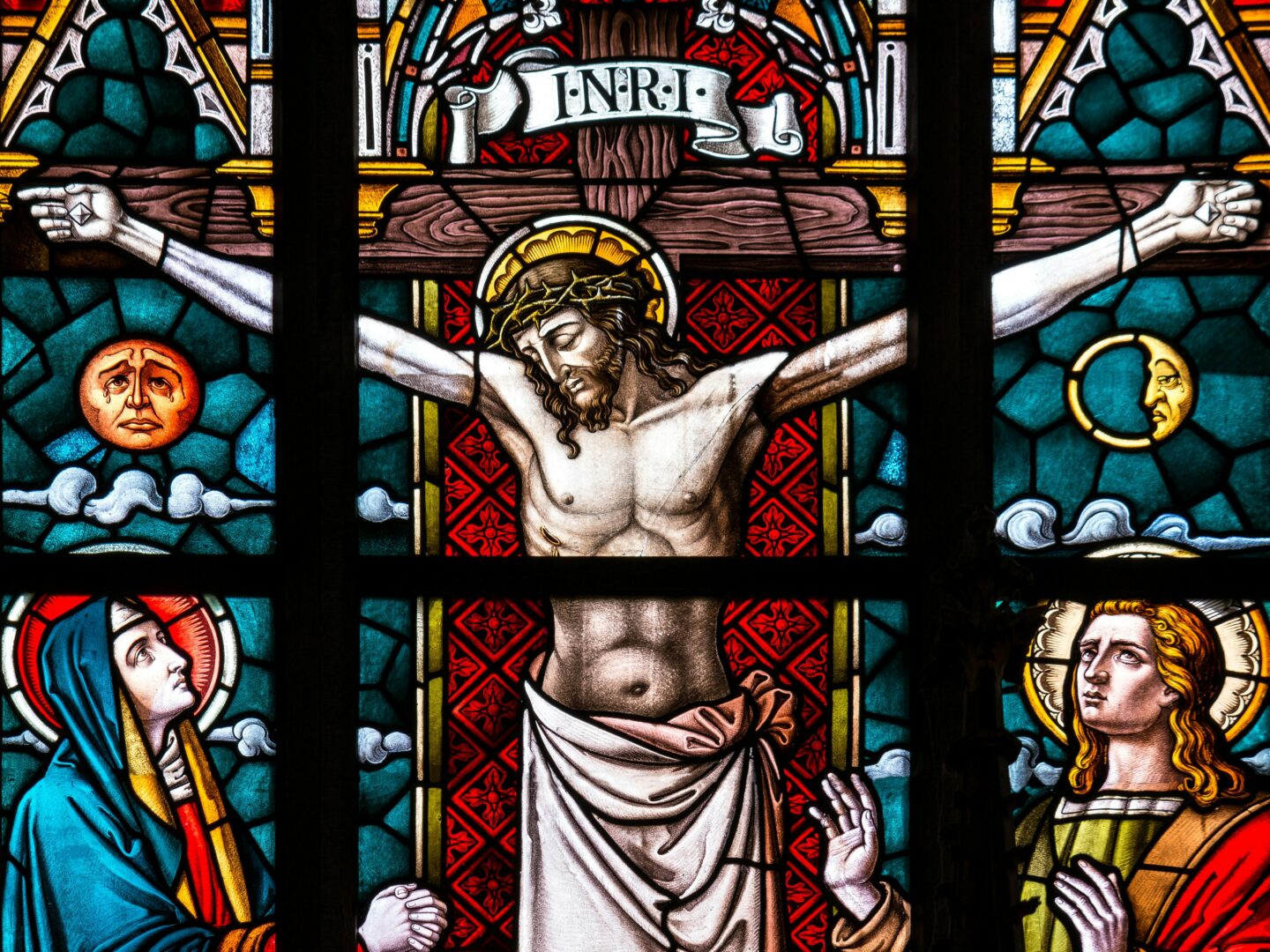American Catholics are famously indifferent to the directives of their leaders. They don’t follow the rule book on much of anything: birth control, legal abortion, premarital sex, divorce.
They wish, by a wide margin, that their bishops were talking more about social justice issues such as poverty and less about culture-war issues such as abortion. When asked what matters to them most about being Catholic, they overwhelmingly say the resurrection of Jesus, not Vatican authority or celibate, male priests.
And aside from those who are paid to do so, very few American commentators can rally much enthusiasm for the imminent conclave in Rome and the usual handicapping of the papabile.
“New Pope? I’ve Given Up Hope,” wrote the historian Garry Wills, perhaps America’s most eviscerating disillusioned Catholic. It’s as if Catholic identity has become entirely disconnected from the institutional church. “I’m Catholic,” a friend of mine explained to me. “I just don’t agree with anything the church says.”
During this historical caesura, when one pope has exited the stage and another has yet to enter, why not then ask the obvious, blasphemous question? What distinguishes these Christians, skeptical of authority and seeking meaning in their own interpretations of the gospel message, from their brothers and sisters who wholly reject the power of the pope? Bluntly put: Why are these Catholics different from Protestants?
Over the past weeks, Roman Catholic intellectuals and pontificators have been using words like “schism” and “reform” to describe the current moment. Will a new pope, whoever he is, have the strength and savvy to hold together a church that is, in the words of a British Vatican correspondent, “imploding” and “crumbling”?
The papal biographer George Weigel has been talking and writing about the need to “reform” the corrupt bureaucracy of the Curia, beginning, as he said in an interview in the National Review, with “a change in attitude, not merely a change of structures.” In the Huffington Post, the leftist theologian Hans Kung predicts “many conflicts” between two living popes.
In these and other comments there is a foreboding comparison to the events of the 16th century, which split the Christian West in two. After the Protestant Reformation, there were those who continued to believe in the authority of the pope and his men. And there were those who did not.
The root of the word Protestant is, of course, “protest.” It was given to Martin Luther’s movement in 1529, at a moment when Luther and his allies were declaring their opposition to the Holy Roman Emperor Charles V. Luther was moved to his protest, of course, by what he saw as widespread corruption in the church.
In 1517, in order to finish the construction of St. Peter’s Basilica, the church began selling the faithful first-class tickets to heaven: A contribution, they were told, would get them an “indulgence,” an official document that, according to one of the church’s salesmen, would buy “a divine and immortal soul.”
